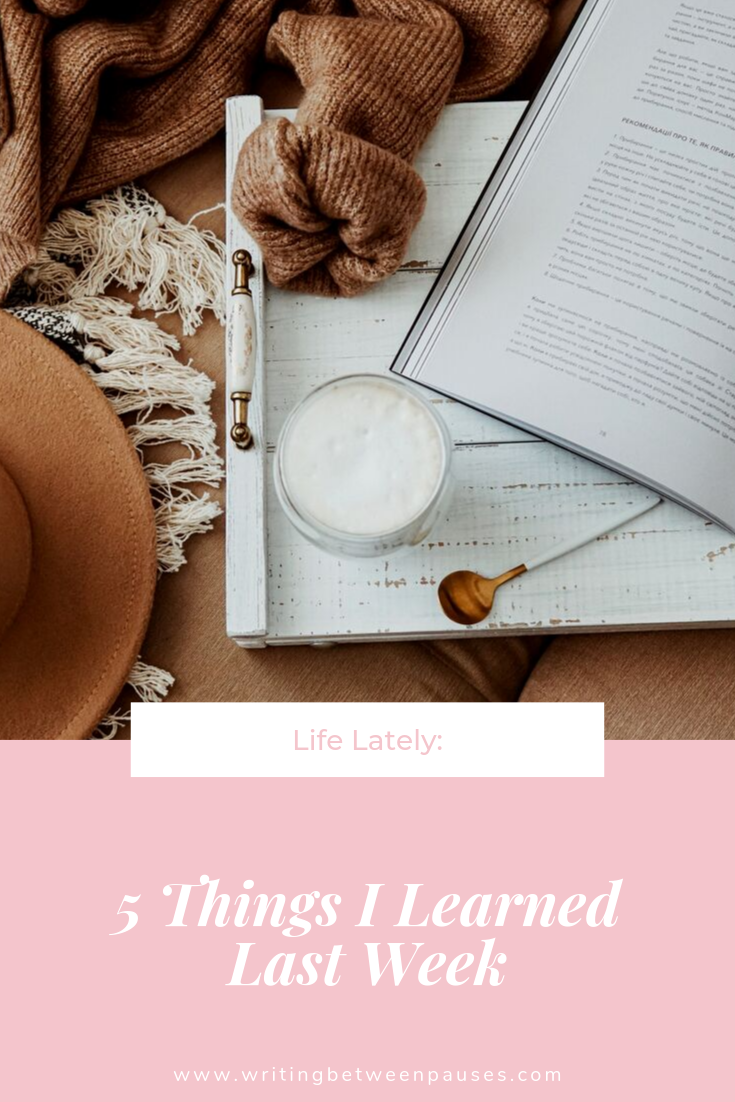If you’ve ever thought that working from home, or remotely, is the perfect option for you, I’m glad to have you here!
I know many mothers have considered the possibilities of working remotely, wondering if it would be easier (or more difficult) with kids. Working remotely is different from launching your own business or working for yourself; you have the stability of a paycheck, with the stipulation that you don’t have to be in an office everyday. But that doesn’t mean the job is any less rigorous or challenging day-to-day… and working from home, with or without kids, can add some speed bumps to that road as well.
There are many positions now that can be done entirely remotely. Things like copywriting, copyediting, project management, and more can be done remotely and many mothers possess those skills, even if they’ve never worked in those positions before. If you’re considering trying a remote position, I recommend looking for jobs in your area from the start. We’ll talk about why later on.
Here are a few benefits to working from home for moms:
You spend less money on daycare. If you decide to go for a remote position, you’ll want to decide if you want to put your kids in daycare or keep them home with you. My recommendation is to test out both options. However, with a reduced commute and the possibility to have your kids with you a few days a week, you’ll drastically reduce the amount you spend on daycare.
You’ll have more time for everything else. Working from home does not mean you’ll be able to do everything else in your house throughout the day; working 8 hours a day from home should mean you work 8 hours just like you would at home. However, that doesn’t mean you won’t be able to throw in a load of laundry or start dinner earlier. Plus, again, without a commute, you’ll have more time to focus on what you need to—instead of driving around.
You’ll feel less stressed. If you find the daycare drop off plus commute plus getting everything ready for the day plus trying to take care of your home very overwhelming… then working remotely can be a great option as it eliminates several of those things, or at least reduces the time crunch that is put on them.
However, when it comes to working from home, there are also some cons. It would be disingenuous for me to not include those. Here are a few:
Work-life balance becomes way more challenging. You work in your home. You take care of your kids while you work. The boundaries become much more blurred and it can be hard to manage both. Part of the challenge of working remotely is knowing how to set your boundaries, and that comes with time.
You’ll feel isolated. When I went back to work after having Forrest, and before I started working from home more frequently, I was so excited to go back to work primarily because I wanted to see other adult humans. There is value in being around other people, even if you’re an introvert, like me.
You have additional requirements. Working from home isn’t a free-for-all. Most businesses will require check ins and, if your workplace is more local to you, that means occasional check ins in person. If your workplace isn’t near you, you might be required to travel there to check in every once and a while. It just depends.
If you look over these lists and think, it sounds like a challenge, but one that’s exciting for me!, then working from home might be for you. Let’s go over a few more points.
What Skills Can You Offer?
There are some skills that are just plan more suited to working from home than others. If you have a long career of a job that can now be done pretty much 100% online (like payroll, copywriting, and more), you probably can work from home relatively successfully, with maybe a few in-person check ins per month. Some workplaces as well as more suited to remote workers as well. If your workplace has a system like Slack in place for in-office messages, then it’s much easier to work from home. If not, it can be more challenging to work remotely.
You’ll want to consider how your skills can be used remotely and how it would effect your performance. Do you think you could be as productive of an employee from home? Is your workplace equipped for a remote employee or would you be applying for a new position? These are all things to take into account when it comes to working from home or remotely.
How Are Your Time Management Skills?
Working from home means you’re managing your own schedule. No one will stop by your desk to remind you of something; no one will be watching you to make sure you’re working and not, say, drifting to sleep on the couch while watching Hallmark Movies. It’s easy to do when you work from home; it’s easy to get distracted, to start trying to handle everything on your to do list in your home (like all that laundry you need to fold or emptying the dishwasher). But when you are working from home, you have to resist the urge to start doing those things. It’s very easy to slip into the mindset that you can always make it up, that people don’t know. But the more you focus on your work away from your actual job, the harder it will be to catch up and actually get things done.
You have to be able to be strict with yourself, manage your time appropriately, and prioritize. If that’s not something you can do, then forget it.
Can You Handle the Mental Health Aspect?
As I said, working from home can blur the lines between your life and your work. The same is true for people who own their own businesses, of course. But when you work remotely for someone else, you can feel really isolated from your coworkers and your workplace. Part of the benefit of working in an office is being able to connect with other people in your work space and being able to connect and socialize. If you work remotely, there is less of that and you may start to feel isolated. As well, spending days not leaving your house in the winter can be hard. You have to be able to set a routine in place so you don’t end up wearing the same pajamas or sweatpants for an entire week without leaving your house.
For many, office politics can be one of the most challenging parts of their job; for that reason, working remotely can be a blessing. However, it’s important to remember that we’re all social beings, even if we’re introverts, so it’s something to consider when you decide to work from home.




















